We live in a time when machinery is smarter, software is faster, and margins are tighter. But somehow, the people running farms—you—are burning out more than ever. Why?
Because we’ve been sold a myth. A myth called “work-life balance.”
That you’re supposed to divide your week into perfect slices of family, business, health, community, hobbies, and recovery. But life doesn’t work like that. Not on the land. Not with seasons, weather, livestock, staff shortages, markets, or your kid’s footy finals.
Let’s be clear, true balance isn’t about splitting time equally. It’s about choosing intentionally. At Enable Ag, we call this Intentional Imbalance. And it’s not just a philosophy—it’s a survival skill.
Why Intentional Imbalance Works
Farming isn’t a 9-to-5 job. It’s a life wrapped in responsibilities. But trying to give equal time to everything—spraying, soil testing, spreadsheets, parenting, date nights, gym sessions—only leads to guilt, exhaustion, and resentment.
Instead, let’s accept this truth: Life has seasons. And each season deserves a different focus.
Just like we rotate crops, we must rotate attention.
How Farmers Are Reclaiming Their Time with Intentional Imbalance
If you’ve ever found yourself being the first to arrive and the last to leave, constantly followed by questions like, “Where’s the fertilizer stored?” or “What time do we meet the contractor?”—you’re not alone.
Most family-owned farmers we speak to are stuck wearing too many hats—manager, worker, mentor, mechanic, admin, and parent—all in a single day. It’s not sustainable.
But here’s what’s surprising: the breakthrough doesn’t come from working harder. It comes from working differently.
Farmers who embrace intentional imbalance start by shifting their focus from “doing everything” to doing what matters most for that season. For some, that’s stepping back from the paddock to invest time in team development. For others, it’s documenting one key process a week to reduce interruptions and repeated instructions.
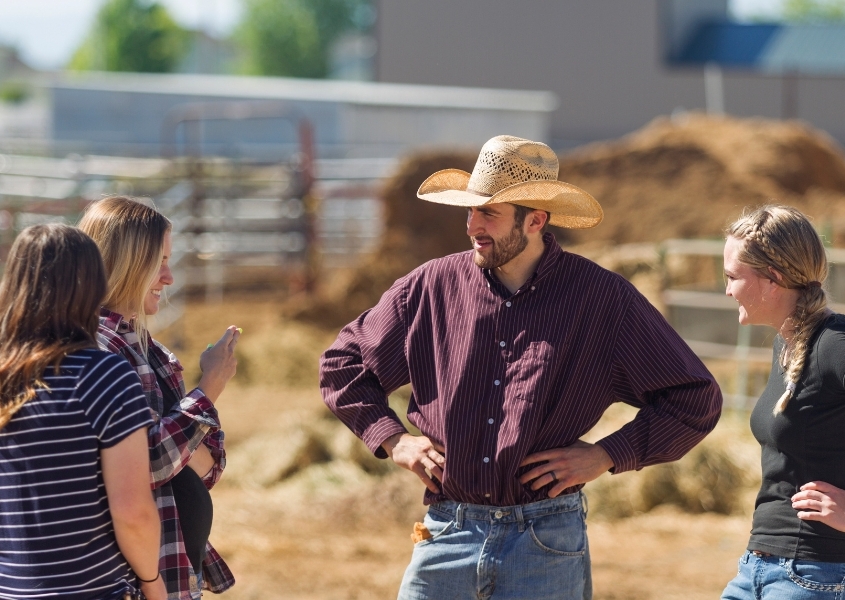
Once that focus is clear, they:
- Create systems for repetitive tasks—so the same questions don’t have to be answered 15 times.
- Empower their teams through structured meetings and role clarity—so people step up in their absence.
- Test their operations by intentionally taking short breaks—revealing which systems hold and which need strengthening.
They don’t aim for perfection. They aim for progress. And the result?
Less firefighting. Fewer bottlenecks. More confidence in stepping away—whether it’s for a school event, a weekend off, or a much-needed holiday.
These farmers don’t find more time—they free it, by focusing intentionally and letting go of the myth that they must do it all, all the time.
Small Action Steps to Intentional Imbalance
Here’s how you can begin to live with intentional imbalance:
1. Define What This Season Demands
Are you in a growth phase? Preparing for succession? Burnt out and ready to restore? Pick one area that matters most right now. Prioritise it on purpose.
2. Audit the Roles You Play
Use our DOR tool (Delegation-Order-Roles). Stop bouncing between ‘farmhand’ and ‘visionary’ in the same hour. Know which hat you’re wearing—and when.
3. Systemise One Thing a Week
Start with what frustrates you most—feeding schedules, contractor comms, payroll, irrigator setups. Record a video. Create a checklist. Give it a name. Make it repeatable. This one move can return hours of time every week.
4. Take a Break, On Purpose
Pick a fortnight. Go away. Let the farm run using your new systems. Not only will you come back fresher—you’ll expose gaps to improve before the next season.
5. Don’t Do It Alone
Freedom isn’t a solo project. You need accountability, a sounding board, and a coach who won’t let you slide back into old habits. That’s what we do at Enable Ag.
Your Time is Your Power
You weren’t born to be a slave to your farm. You were born to build a life—and a legacy—that includes time, family, and freedom.
Forget the myth of balance. Embrace the art of intentional living. Because once you choose your focus with purpose, you stop surviving and start living.
Feeling like you’re always playing catch-up and never truly switching off?
Let’s talk about what it would look like to finally take a breather—without everything falling apart.
👉 Book a free 15-minute Discovery Call and find out how other farmers are making space for what matters most.
If you found this article helpful, share it with your network to help others unlock their farming potential. Don’t forget to like and follow us on social media for more insightful tips: Facebook, Instagram, and LinkedIn. Let’s empower more farmers together!

 Enable Ag
Enable Ag Enable Ag
Enable Ag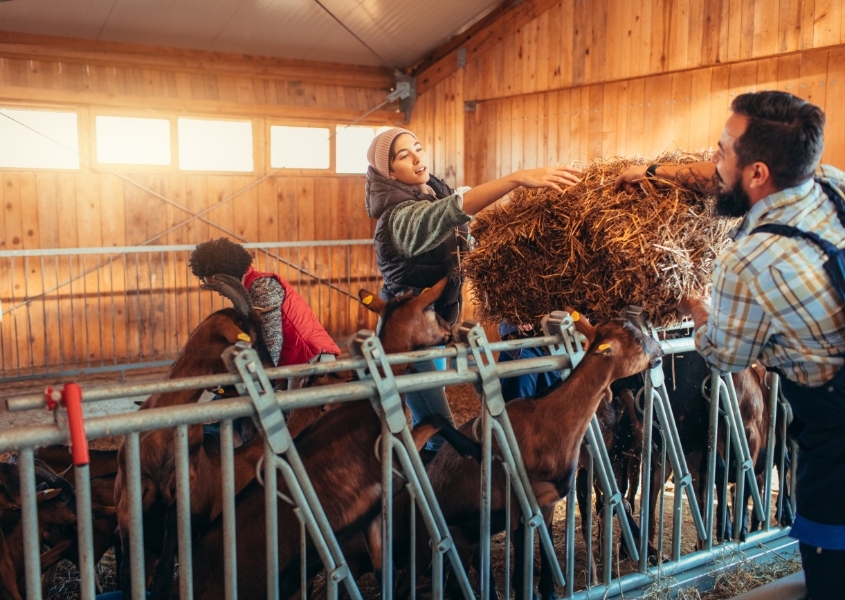
 Enable Ag
Enable Ag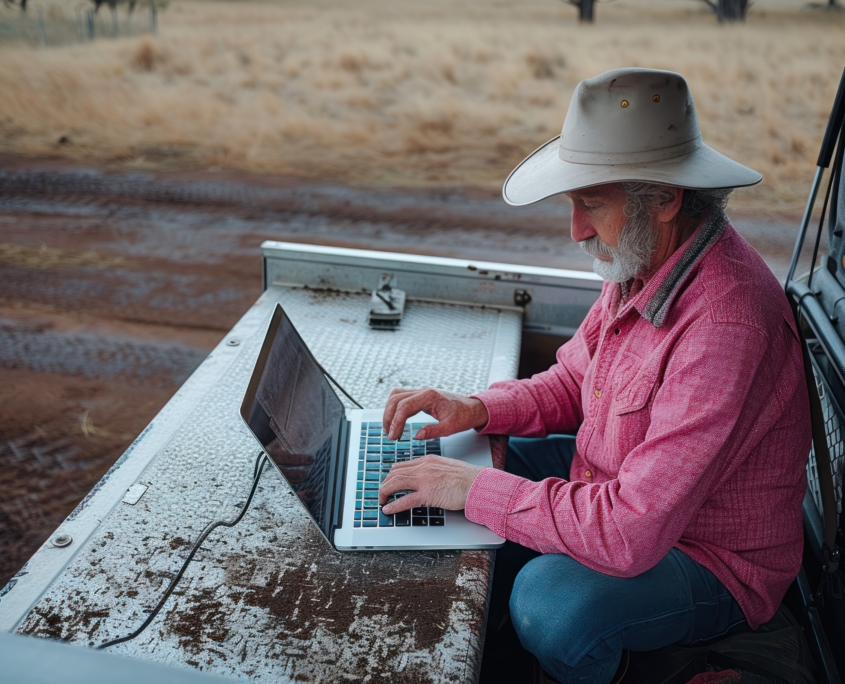
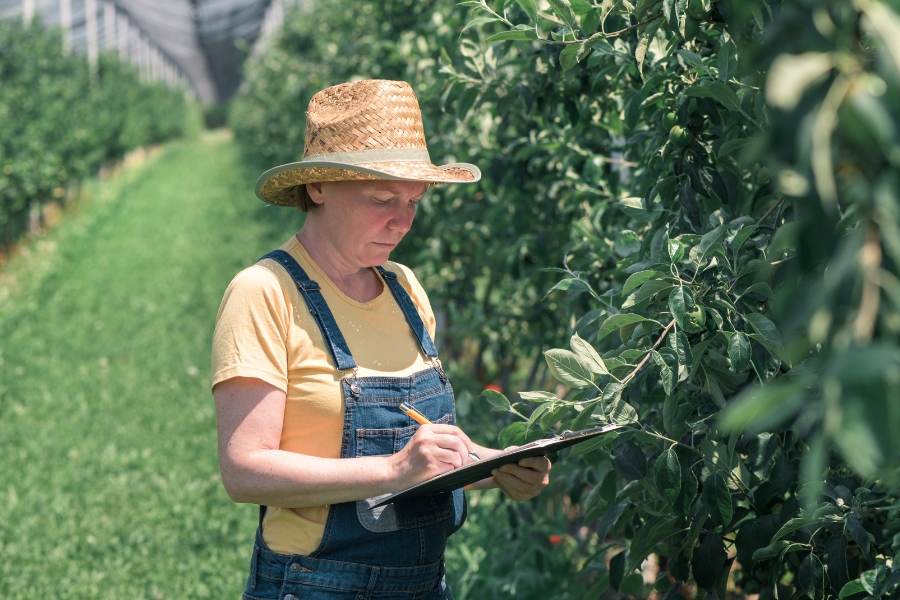 Enable Ag
Enable Ag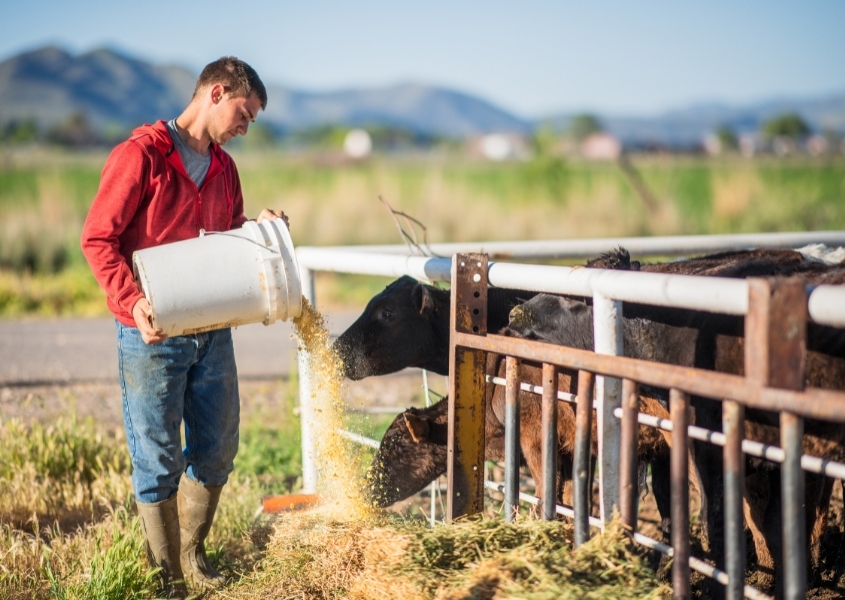
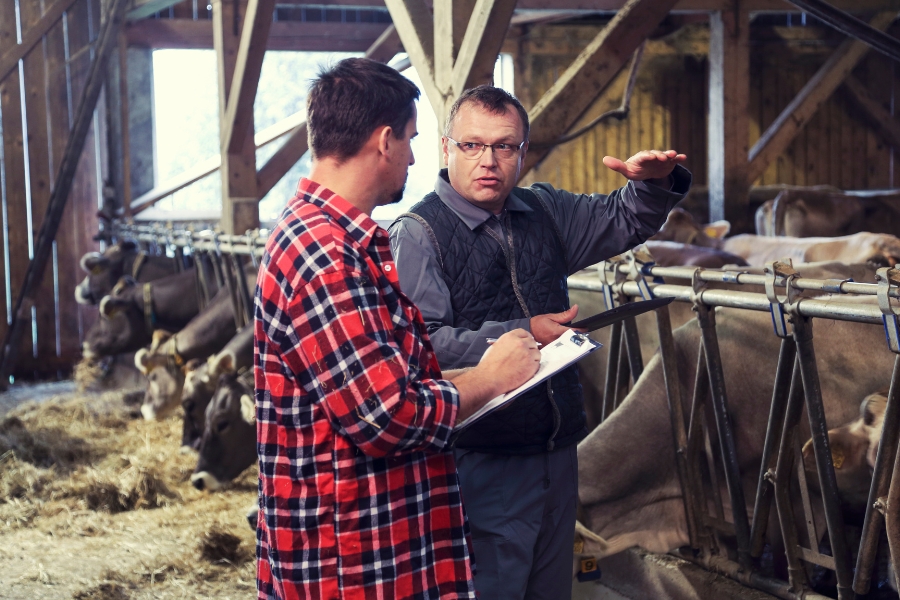 Enable Ag
Enable Ag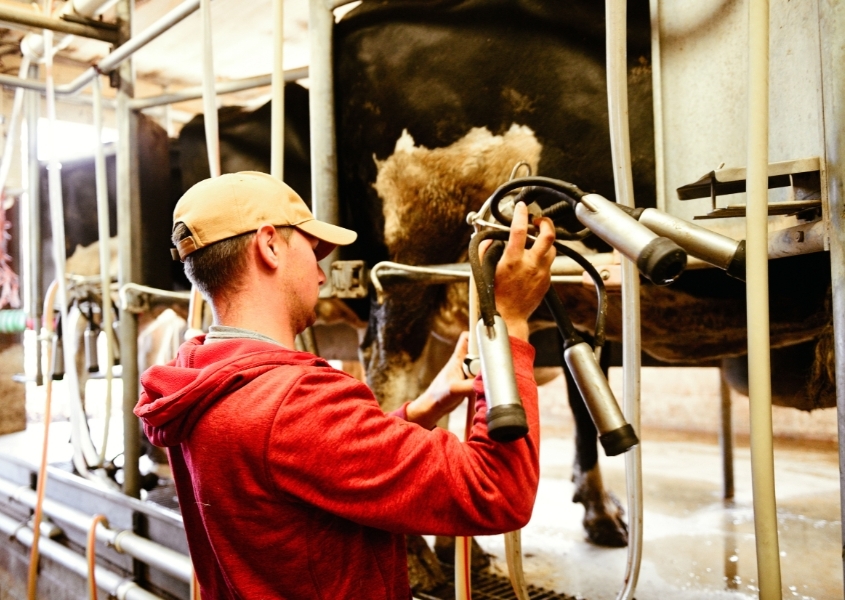
 Enable Ag
Enable Ag
 Enable Ag
Enable Ag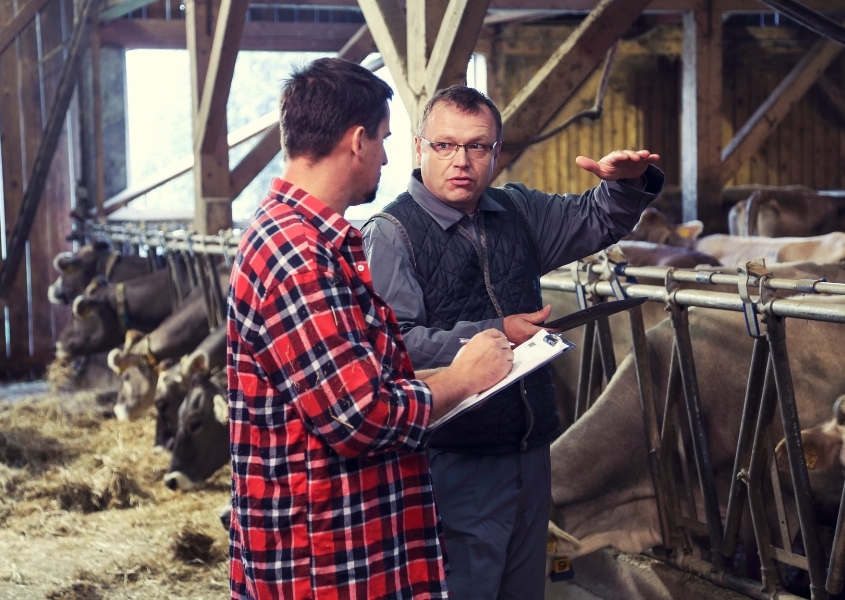
 Enable Ag
Enable Ag
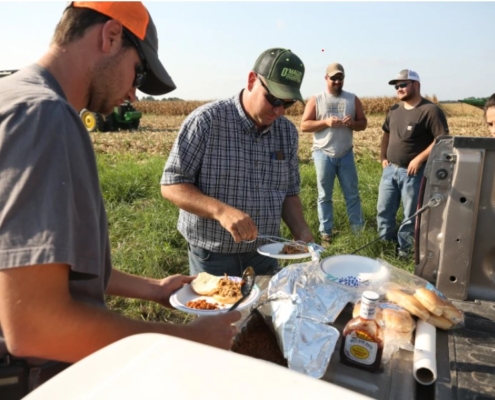

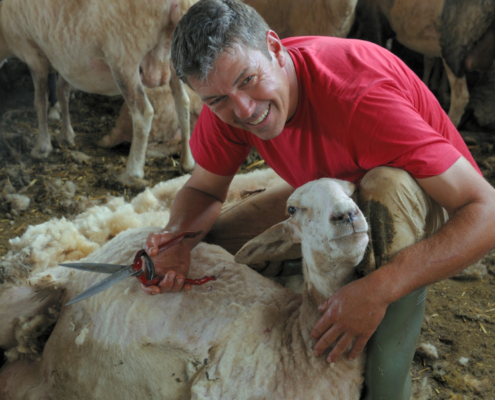

 Enable Ag
Enable Ag Enable Ag
Enable Ag
